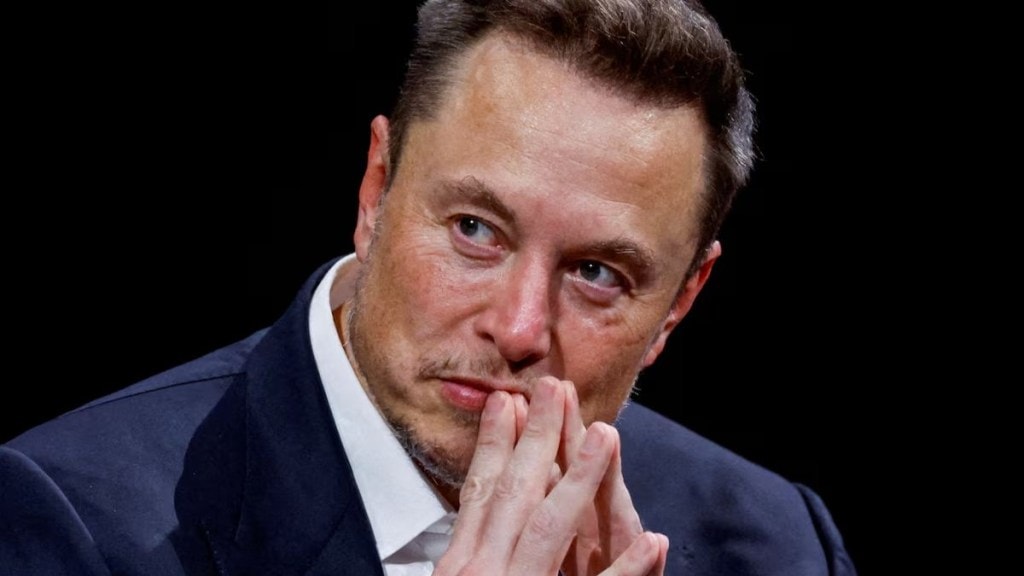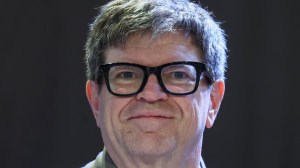Elon Musk’s X and xAI have secured a preliminary victory after a US federal judge denied motions to dismiss their antitrust lawsuit against Apple and OpenAI. The lawsuit, which was filed in August, accuses the two technology giants of coming together to dominate smartphone and generative AI markets through preferential treatment for ChatGPT, sidelining rivals like Musk’s Grok.
The ruling by US District Judge Mark T. Pittman in Fort Worth, Texas, paves the way for deeper discovery and potential trial. The decision rejects arguments from Apple and OpenAI that the claims lack merit and stem from personal vendettas of Musk.
Musk hailed it on X as a step forward in curbing what he calls “monopolistic practices.”
Musk wins the first step against ChatGPT domination
Elon Musk’s antitrust lawsuit is essentially about Apple’s deep integration of OpenAI’s ChatGPT into its Apple Intelligence suite, rolled out with iOS 18 and iPhone 16 last year. X and xAI allege that this violates the Sherman Antitrust Act by creating an unlawful monopoly.
Specifically, they claim that Apple pushes users toward ChatGPT via Siri and app recommendations in the App Store, all while discouraging its competitors. The lawsuit highlights ChatGPT’s presence on Apple’s ‘Must-Have Apps’ list – a curated list in the App Store’s homepage. On the other hand, xAI’s Grok AI model faces hurdles as xAI argues that this exclusive deal stifles innovation, forcing AI developers to pay hefty fees for visibility and locking users into Apple’s walled garden.
“Apple and OpenAI are conspiring to monopolise key markets in smartphones and generative AI,” Musk posted on X, highlighting his frustration with the tech titans’ alliance.
In court filings seeking dismissal, OpenAI fired back sharply, stating, “This lawsuit is consistent with Musk’s ongoing pattern of harassment.” The ChatGPT maker, already involved in a separate battle with Musk over his ouster from its board in 2018, insists the partnership is non-exclusive and benefits consumers through accessible AI tools.
Apple also supported this take, assuring no anticompetitive conduct. “Our agreement with OpenAI is not exclusive, and a wide range of chatbots remain accessible through browsers and standalone apps,” the iPhone giant stated in documents. It argued that getting one integration better doesn’t equate to a monopoly, pointing to ongoing expansions with other AI providers like Google Gemini.







